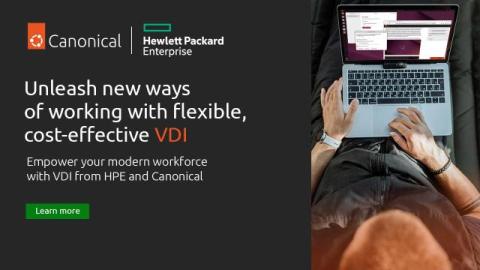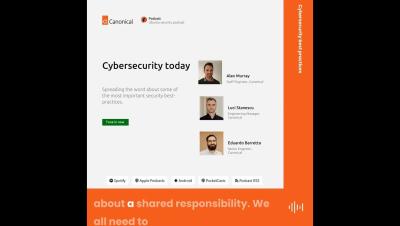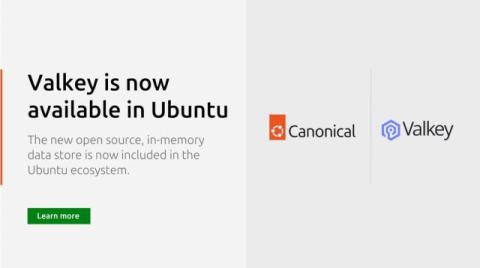Getting hands-on with AI in automotive
From cloud to edge, hardware-agnostic AI/ML In January Canonical will reconfirm its presence at CES 2025; here we will be showing a cutting-edge AI/ML demo that showcases how AI models can be trained, deployed, and updated seamlessly across various hardware platforms.




















